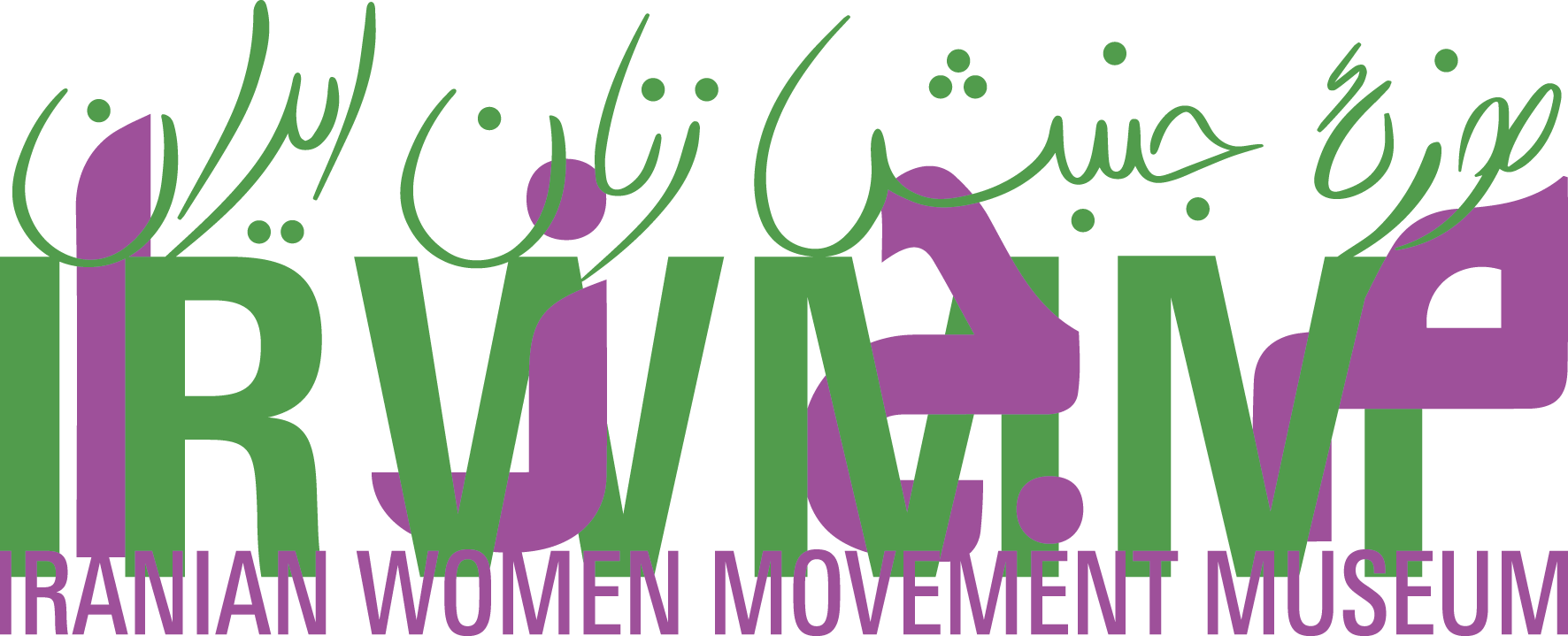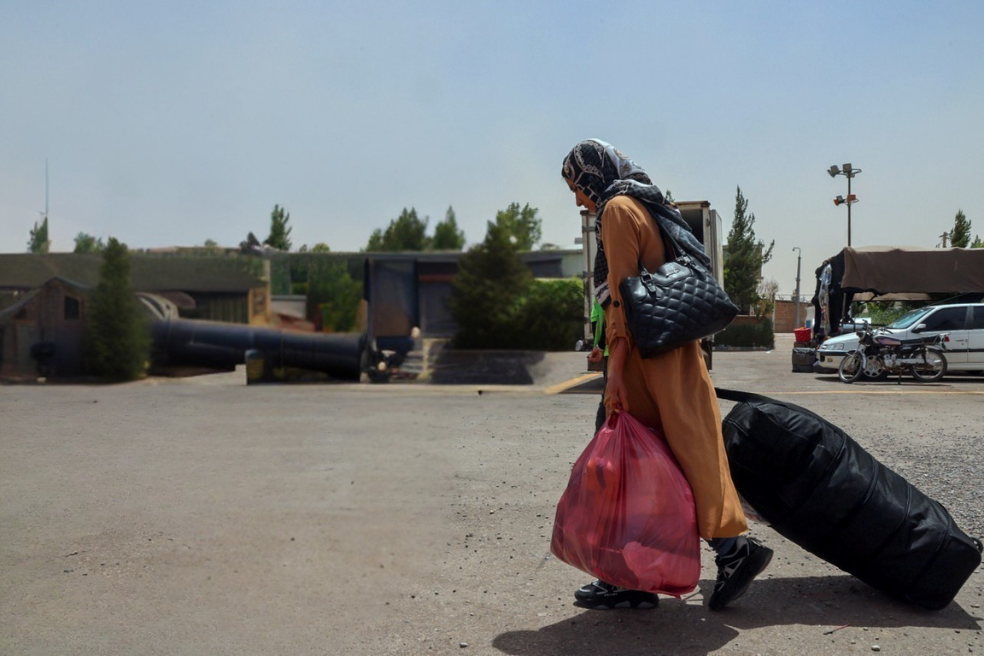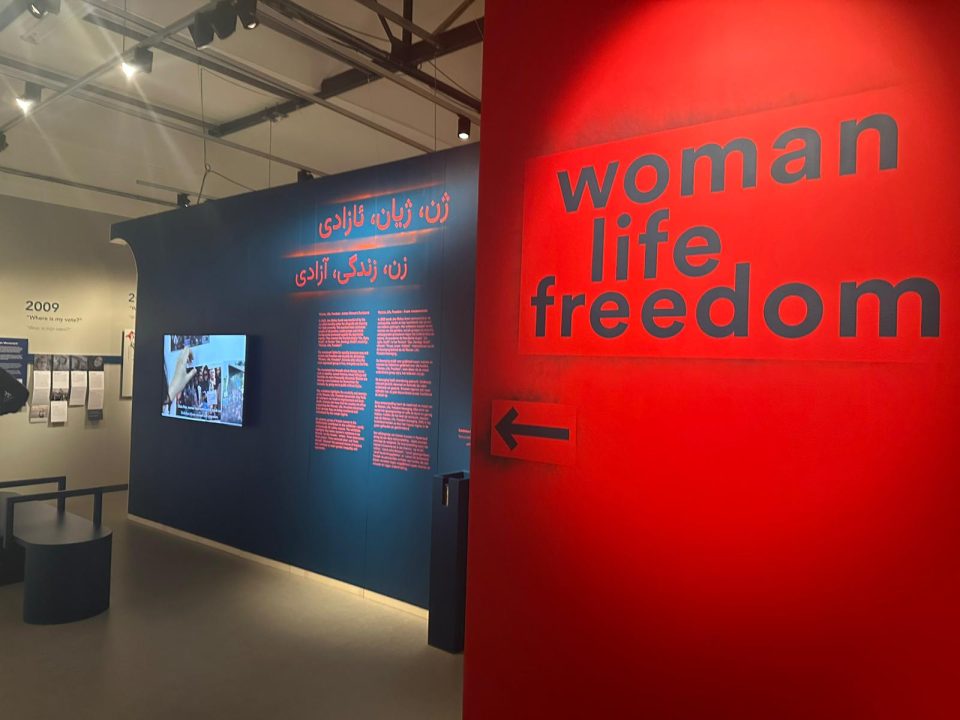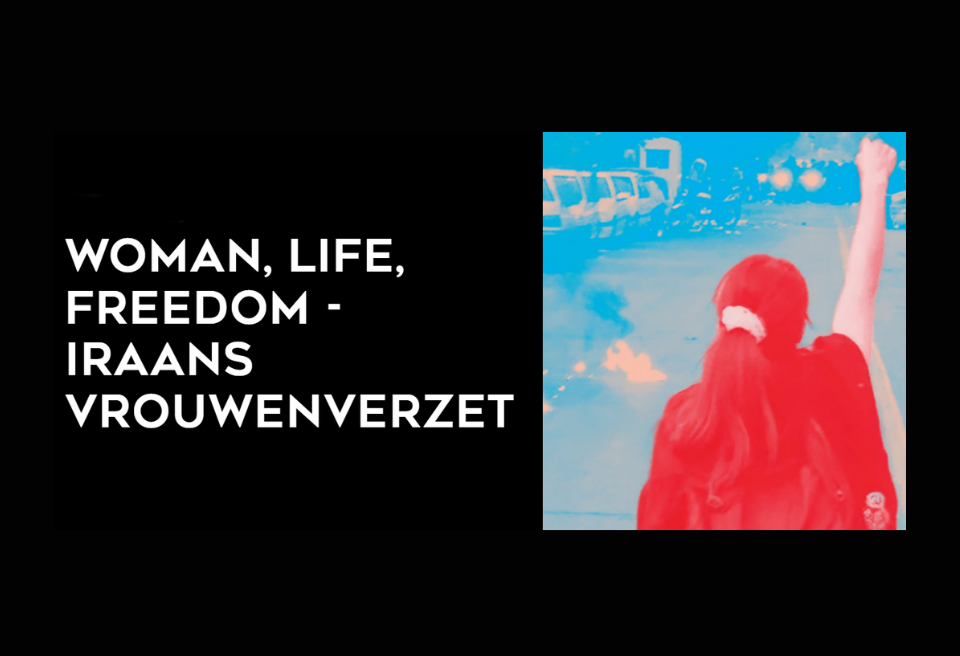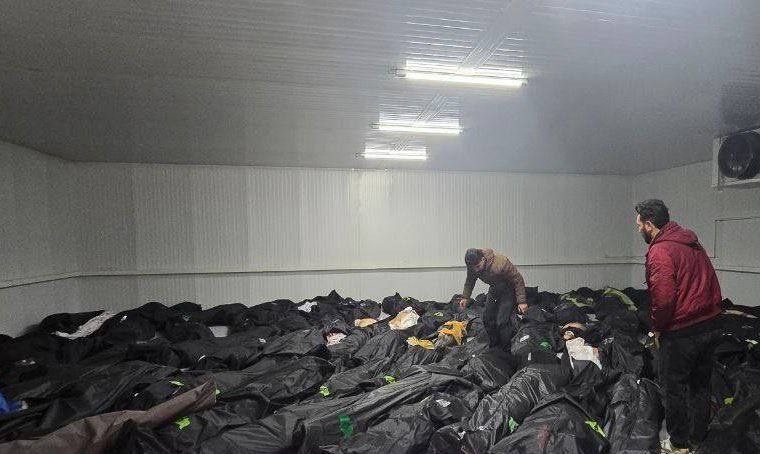
Saying No To Warmongering
April 18, 2024
7th IAWM’s International Conference & General Assembl: Itlay, Merano, August 2025
September 1, 2025Sisters Without Borders
Iranian and Afghan women members of WILPF Joint Statement.
Nearly half a century has passed since the arrival of the first wave of Afghan migrants in the 1980s to Iran. Over all these years, with every crisis and political upheaval in Afghanistan, a new wave of refugees entered Iran—many of whom have remained.
Today, Afghans in Iran have reached the third generation. Many of them were born in Iran, grew up here, studied, and joined the workforce. Yet their residency status remains uncertain, and with every political crisis within the Afghan government or changes in diplomatic relations, they have faced the threat of deportation.
In the midst of this, Iranian and Afghan women—despite geographical and political differences—share intertwined destinies. Both have grown up under patriarchal and repressive systems that not only deny them their rights but also attempt to silence them through religion, law, and tradition. This shared oppression creates grounds for mutual understanding, deep solidarity, and the formation of a transnational sisterhood that can play a vital role in advocating for lasting peace.
In recent weeks, following Israel’s aggression and the subsequent U.S. bombardment of Iranian nuclear sites, Afghan refugees, migrants, and Iranians of Afghan descent have once again become victims of the Islamic Republic’s policies.
Afghan women, are worst affected among the returned migrants. Many have worked in homes, workshops, and farms in unstable conditions, without insurance or legal protection. Women who are heads of households face catastrophic consequences if deported to Afghanistan. They would be returned to a country where they are not allowed to work and are deprived of livelihood.
A woman who is the sole breadwinner of her family, and there are many of these, will have no way to survive under the Taliban-controlled Afghanistan—neither for herself nor her children.
Girls who were studying in Iranian schools are now being sent back to a country where education is forbidden to them.
For Afghan women, deportation is not merely a change of geography—it is a forced return to a system that deprives them of even the most basic human rights.
We, Iranian and Afghan women of WILPF (Women’s International League for Peace and Freedom), condemn the intensifying policies of expelling Afghan migrants from Iran. What is labeled as the “organization of undocumented foreign nationals” is, in fact, a deliberate project of erasing marginalized bodies, political repression, and reproducing national and gendered hierarchies in Iran.
We stand in solidarity with Afghan migrants—especially women and children.
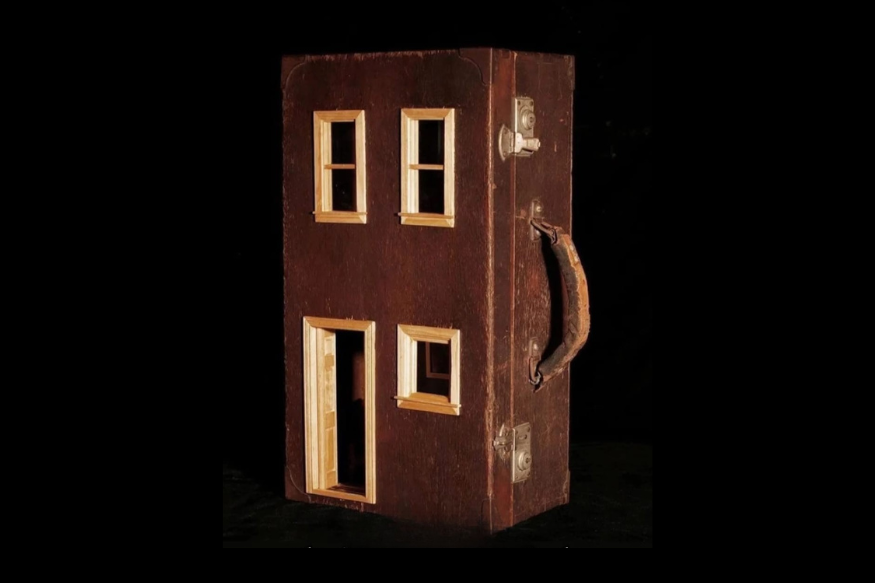
We call on all international civil society organizations, human rights defenders, and women’s rights advocates in both countries and across the world: do not remain silent in the face of this systematic expulsion.
We insist on the fulfilment of the following demands as the fundamental rights of marginalized human beings:
• The immediate halt to deportations and security crackdowns on Afghan migrants;
• Recognition of the right to residency, education, employment, and life for all Afghan migrants, especially those born and raised in Iran;
• Guarantee of safety, freedom, and the right to choose for migrant women and girls;
• Independent investigation into detentions, suspicious deaths, and illegal and inhumane practices during the deportation process;
• Confronting all discriminatory discourse based on nationality, gender, ethnicity, or class.
In the era of the Woman, Life, Freedom movement, we stand together for the dignity of all people living in Iran.
Signed:
Iranian and Afghan women members of WILPF
https://www.wilpf.org
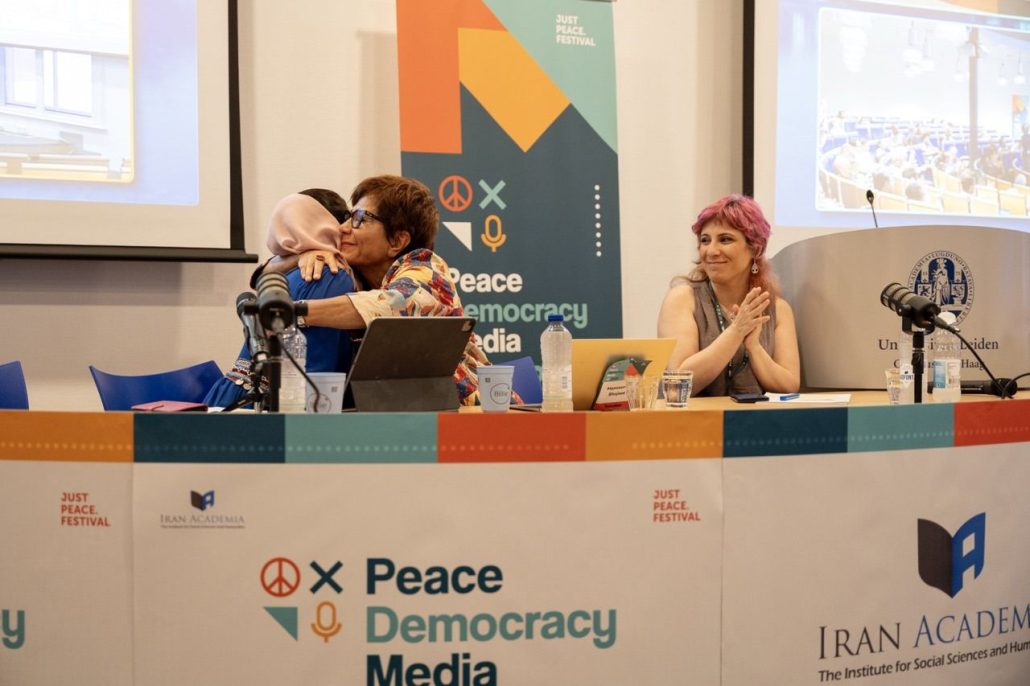
In WILPF (only for members): https://www.mywilpf.org/wilpf_s_work/sisters-without-borders/
